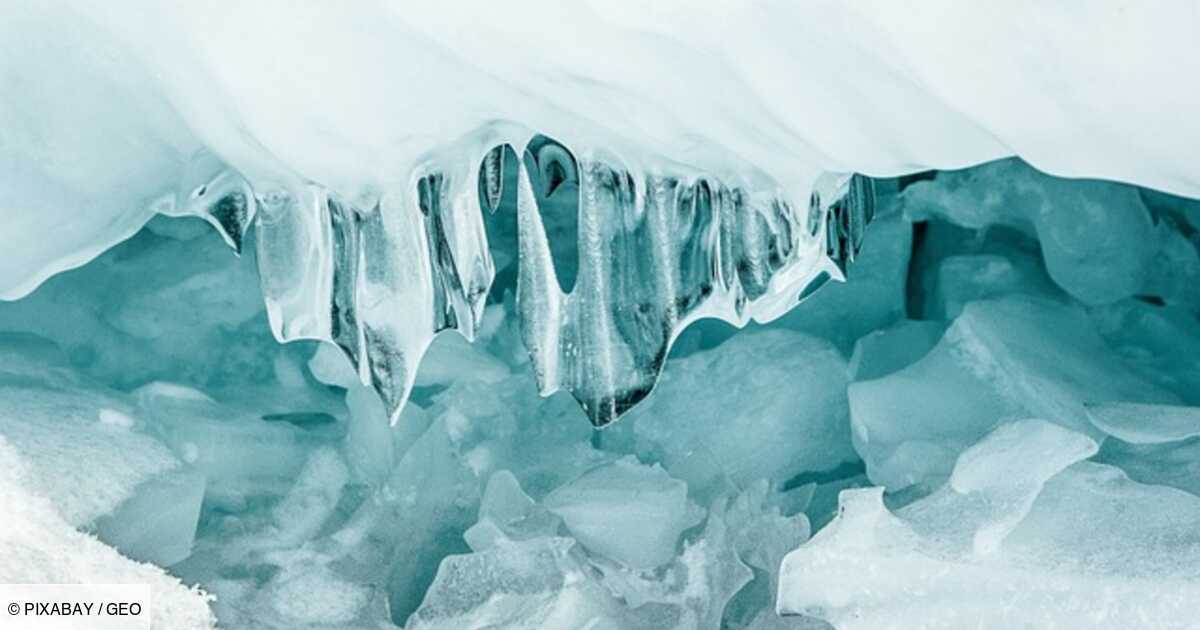
Scientists Revive a 48,500-Year-Old "Zombie Virus" from Permafrost
In a groundbreaking experiment, scientists have successfully revived a "zombie virus" that had been frozen in the permafrost for almost 50,000 years. The discovery has raised concerns about the potential risks associated with climate change and the melting of permafrost.
The virus, known as Pithovirus sibericum, was first discovered in 2014 in the permafrost of Siberia. The virus had been dormant for thousands of years, but scientists were able to revive it in a laboratory setting by infecting amoebas with the virus.
While the virus is harmless to humans, its reactivation after such a long period of time has raised concerns about the potential risks associated with climate change. As the permafrost continues to thaw due to rising global temperatures, previously frozen viruses and bacteria could be released into the environment, potentially causing new and unknown diseases.
Also Read:
The risks associated with melting permafrost have been known for years, but the revival of Pithovirus sibericum is the first concrete example of the potential dangers. The discovery highlights the need for increased research and monitoring of permafrost as well as greater efforts to combat climate change.
Scientists believe that the reactivation of Pithovirus sibericum is due to the virus's unique structure. Unlike most viruses, which have a simple, symmetrical shape, Pithovirus sibericum is large and complex, with a genome that is more similar to that of a bacteria than a virus. This complexity likely helped the virus survive for such a long period of time in the permafrost.
While the revival of Pithovirus sibericum has raised concerns, it has also opened up new avenues of research. Scientists are now studying the virus to better understand its structure and behavior, which could lead to new treatments for viral infections.
Additionally, the revival of Pithovirus sibericum has highlighted the importance of preserving permafrost as a unique and valuable scientific resource. The permafrost contains a wealth of information about the Earth's past, including ancient DNA and other biological material, that could help scientists better understand how the planet has changed over time.
In conclusion, the revival of Pithovirus sibericum is a significant scientific discovery that raises important questions about the risks associated with climate change and the melting of permafrost. While the discovery is cause for concern, it also highlights the need for continued research and monitoring of permafrost as well as greater efforts to combat climate change. Ultimately, the preservation of permafrost is essential not only for scientific research but also for the health and well-being of the planet and all its inhabitants.
Keywords: Pithovirus sibericum, permafrost, zombie virus, climate change, scientific research, genome, bacteria, viral infections, DNA, melting.
Read More:
That's it for this article.
Thanks for Visiting Us – fixyanet.com


0 Comments